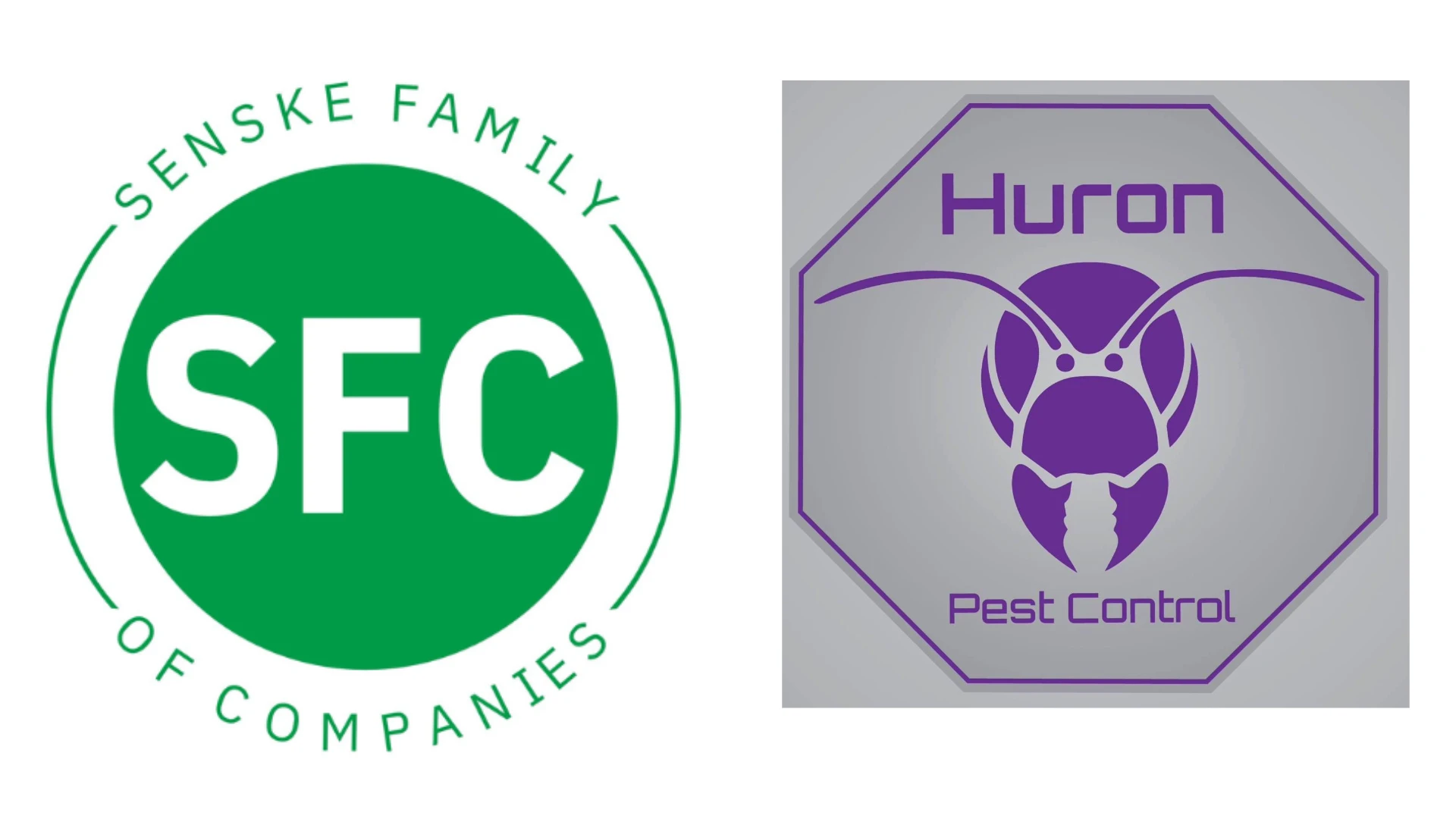Q: What are you seeing regarding the development of the green philosophy in the pest management industry?
A: It has been stated that green is a “state of mind.” Certainly the media plays on this trend as do consumer product manufacturers who, for marketing purposes, are changing the color of their packaging to green in increasingly large numbers (ergo, green equals good).
When it comes to pest management the green image certainly is changing. More companies have changed their names, slogans, mission statements, etc., or have purchased green trucks or hybrid vehicles, or have created new “green” logos. Does this make them green?
It is interesting to look at information published by NPMA, as well as other green resources; there is a set pattern that I have previously discussed. There is a direction, and if you are now GreenPro (a.k.a., QualityPro Green) then you have been designated by NPMA as a company that is living up to the green philosophy as written in the NPMA guidelines, or rather standards you have to meet when servicing a “green” account. Now, as has been advertised, the Natural Resources Defense Council (NRDC) has endorsed this program. The question is: Does the NRDC think or believe that companies who are GreenPro are actually doing all that is written in the program? Or just some of what is written? What portion does NRDC believe companies are doing? According to NPMA’s Web site, as well as discussions and training materials, there are a lot of “musts” and “have tos” for servicing a green account.
As I remember the NRDC, the desire is not just less, but really no pesticides. Think they have changed? I can buy the “less” but the “no” I can’t get my head around. Most all companies I know use pesticides. Some GreenPro companies just change the pesticide and still spray and go. Not quite the philosophy as outlined.
Then there is another aspect of “green” — the environment. As part of the green programs you are setting up for your customers, a consideration for the environment is REQUIRED. This means inside and outside the structure — the human and the natural environment if you will.
So let’s take a look at a section of this: the exterior. If you are working for a customer who likes insects “outside” — where they belong — are they green or just “sort of green?” Then, what would be your program around the exterior of the structure to, say, control mosquitoes? Mosquito control is one of those interesting segments many people jumped on when West Nile virus was a big story (okay, it is still around, but since we have other pressing issues like the economy, bed bugs, swine flu and health reform, who cares!?). Mosquito control needs pesticides. If people want to sit outside and enjoy their yard and the outdoors and all those “nice-to-see” insects like butterflies, lightning bugs and, if you have a pond on the property, dragonflies and damsel flies, what happens if you spray for mosquitoes? If you are doing a good job, you are using (in most cases) a backpack power sprayer to treat the foliage of plants and trees. It does not matter what pesticide you may use if suddenly there is a lack of the “nice-to-see” things previously listed. Hmmm, wonder why? Is this green? Well, the pesticides we used are “green”! Hey, remember the word is insecticide.
So, where am I going with this? In these cases, people may need a little discussion about how to reduce mosquito populations rather than trying to eliminate them and everything else in the immediate area. Ah, that would be education. Certainly there are products and devices that can be used. The inspection and management of water resources that are needed by mosquitoes would be required in this type of green program. Fortunately, almost all our customers could care less about killing a few other bugs if we can get rid of those darn mosquitoes! So they can enjoy their yard sitting in those nice green plastic chairs they just bought. Yep, green is a state of mind.
The author is president of George Rambo Consulting Services, Seneca, S.C. Questions can be e-mailed to grambo@giemedia.com.
WANT MORE?
Enter your email to receive our newsletters.

Explore the September 2009 Issue
Check out more from this issue and find your next story to read.
Latest from Pest Control Technology
- Webinar: Employee Incentives — Going Beyond the Annual Raise
- Pest Control Companies Helping Neighbors in Need Eradicate Bed Bugs
- Why Does Marketing Feel So Opaque?
- How Did This Pest Get Its Name?
- Rose Pest Solutions Honors Top Performers with Annual Chief’s Club Awards
- Doug Foster on Termite Control Equipment, Resources
- Pest Control Consultants Acquires EcoGuard Pest Control
- Pest Index Increased 9 Percent YOY in February








